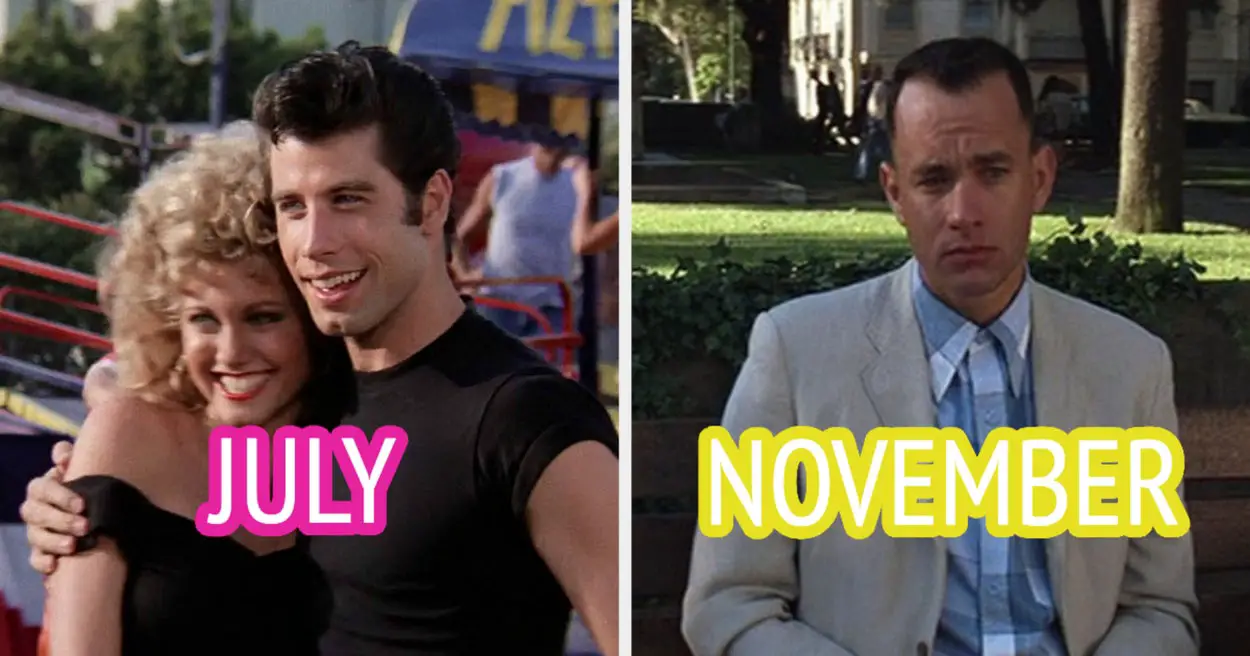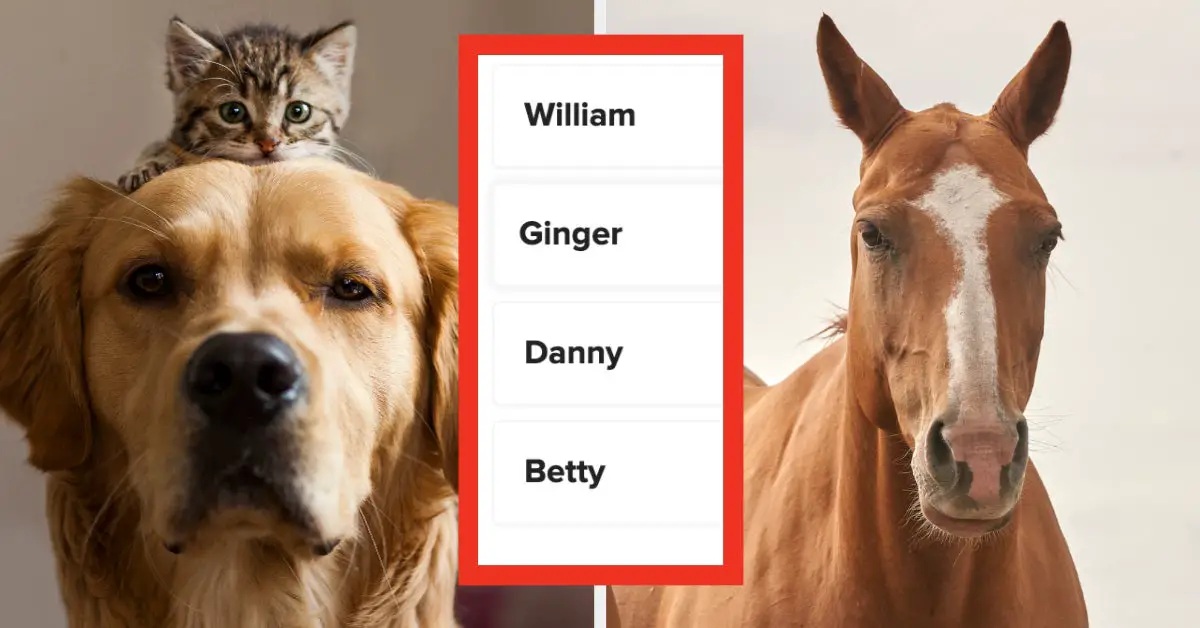from the be-smarter-than-SCOTUS dept
Technically we’ve posted this analysis before, when we posted our entire amicus brief submitted to the Supreme Court in the Andy Warhol Foundation v. Goldsmith case, along with a summary of what we had written in it. But that summary also included other arguments, and a very condensed version of this one, that the First Amendment requires copyright law to be interpreted in a way that doesn’t harm future free expression. It is an idea important enough to be worth more attention – especially given that it seems the Supreme Court itself overlooked it.
So we are unpacking what we had submitted to the Court here for everyone to be able to easily read. Although written in a style particularly palatable for jurists (in particular, the cites to cases are treated differently, with the case name following the statement it supports, and the specific language from the case presented in a trailing parenthetical, rather than a separate blockquote, but just skip over them if it feels too kludgy to read), this brief section is really no different from any post we write here, where we make a point, explain it, and cite to authority that supports it. And even though it was written with the aim of reversing the Second Circuit’s decision, the same analysis will remain applicable for every other case in the future, where an interpretation of copyright law threatens to say no to future free expression.
Over the decades and centuries copyright law in America has often changed form, sometimes dramatically and in raw statutory substance, such as in the shift from the 1909 copyright law to the 1976 version, and sometimes via seminal interpretations by the Supreme Court or other courts. But in any of its many forms copyright law has always had to comply with two Constitutional requirements.
First, Congress’s power to legislate is inherently limited to areas articulated by the Constitution as places where it is appropriate for it to act. See United States v. Morrison, 529 U.S. 598, 607 (2000) (citing Marbury v. Madison, 1 Cranch 137, 176 (1803) (“Every law enacted by Congress must be based on one or more of its powers enumerated in the Constitution. ‘The powers of the legislature are defined and limited; and that those limits may not be mistaken, or forgotten, the constitution is written.’ ”)). If Congress acts in a way that is not consistent with that grant of legislative authority, then its legislation is unconstitutional. Id. at 602.
The federal authority to implement a system of copyrights is found in the Progress Clause, which empowers Congress to further the progress of sciences and useful arts through systems of limited monopolies, such as copyright. U.S. CONST. art. I, § 8, cl. 8 (“To promote the progress of science and useful arts, by securing for limited times to authors and inventors the exclusive right to their respective writings and discoveries.”). But if Congress produces a law that does not further this Constitutional objective to promote the progress of science and useful arts, then that resulting law cannot be rooted in this authority, even if it may bear on those systems of limited monopolies. The condition for this particular grant of legislative power is that exercising it will promote progress, and it is an important predicate for the exercise of it. Were it not, then that language conditioning that power would not have needed to be included in this Constitutional clause otherwise empowering Congress. See Montclair v. Ramsdell, 107 U.S. 147, 152 (1883) (“It is, however, a cardinal principle of statutory construction that we must ‘give effect, if possible, to every clause and word of a statute.’ ”); Marbury v. Madison, 1 Cranch 137, 174 (1803) (“It cannot be presumed that any clause in the constitution is intended to be without effect; and, therefore, such a construction is inadmissible, unless the words require it.”).
But because it is an important predicate constraining Congress’s ability to implement a copyright law, it means that Congress cannot simply label anything it wants to do legislatively as copyright-related to automatically make it a product of this grant of legislative authority. If it could then Congress could easily pass a “copyright” law with all sorts of random provisions not even tangentially related to promoting the progress of sciences and useful arts, including those affecting areas of regulation left to the states by the Tenth Amendment. U.S. CONST. amend. X (“The powers not delegated to the United States by the Constitution [ . . . ] are reserved to the States respectively, or to the people.”). See Gonzales v. Raich, 545 U.S. 1, 52 (2005) (O’Connor, J., dissenting) (“[Congress’s] authority must be used in a manner consistent with the notion of enumerated powers—a structural principle that is as much part of the Constitution as the Tenth Amendment’s explicit textual command.”). While this Court has found Congress to have wide latitude to decide how best to promote the progress of science and useful arts in its legislation, Eldred v. Ashcroft, 537 U.S. 186, 211-13 (2003), it did not and could not grant Congress the power to do the exact opposite of promoting progress with its legislation. Thus, statutory terms that do not advance the progress of sciences and the useful arts are inherently unsound Constitutionally, because it is beyond Congress’s authority to do something ostensibly involving copyright law that does not meet that objective, or, worse, directly undermines it.
Congress’s hands are also further tied by the First Amendment, which prohibits making a law that impinges on free expression. U.S. CONST. amend. I (“Congress shall make no law [ . . . ] abridging the freedom of speech”). So, again, if the effect of legislation that Congress passes is that free expression has been impinged, then that legislation would be unconstitutional on that basis as well.
Crucially, however, in this case no issue is taken with Congress’s legislative drafting, which incorporated in the 1976 Copyright Act that is still in effect language expressly protecting fair use. 17 U.S.C. § 107. As this Court has found, fair use helps vindicate the First Amendment values promoting discourse within copyright law. Golan v. Holder, 132 S.Ct. 873, 890 (2012); Eldred, 537 U.S. at 219-20. It also helps vindicate the goals and purposes of the Progress Clause itself, given how it helps promote the creation of future new works. Campbell v. Acuff-Rose Music, Inc., 510 U.S. 569, 577 (1994) (“The fair use doctrine thus permits [and requires] courts to avoid rigid application of the copyright statute when, on occasion, it would stifle the very creativity which that law is designed to foster.”).
The issue with this case is that the decision by the Second Circuit […] has interpreted this statutory language in a way that now deprives it of its inherent constitutionality. See Eldred, 537 U.S. at 212 (“We have also stressed, however, that it is generally for Congress, not the courts, to decide how best to pursue the Copyright Clause’s objectives.”). Rather than fostering more expression, this interpretation outright chills it by imposing liability upon subsequent expression that follows-on an earlier work, as nearly all works do, one way or another. Campbell, 510 U.S. at 575 (1994) (“Every book in literature, science and art, borrows, and must necessarily borrow, and use much which was well known and used before.”) (citing Emerson v. Davies, 8 F. Cas. 615, 619 (No. 4,436) (C.C.D. Mass. 1845)). Such an interpretation puts the statute in conflict with both the First Amendment and the goals and purposes of copyright law articulated in the Constitution. Campbell, 510 U.S. at 575 (“From the infancy of copyright protection, some opportunity for fair use of copyrighted materials has been thought necessary to fulfill copyright’s very purpose, ‘[t]o promote the Progress of Science and useful Arts.’). Only here it is the Second Circuit that has rendered the current copyright statute now unconstitutional, and not Congress.
Courts, however, cannot unilaterally change the effective meaning of statutory text. Bostock v. Clayton County, Georgia, 140 S.Ct. 1731, 1738 (2020) (“If judges could add to, remodel, update, or detract from old statutory terms inspired only by extratextual sources and our own imaginations, we would risk amending statutes outside the legislative process reserved for the people’s representatives.”). And they especially cannot be permitted to change it in a way that alters its constitutionality. See id. (“[W]e would deny the people the right to continue relying on the original meaning of the law they have counted on to settle their rights and obligations.”). See also id. at 1753 (“[T]he same judicial humility that requires us to refrain from adding to statutes requires us to refrain from diminishing them.”).
For this reason, the decision must be overturned, and in a way that makes clear that the measure of constitutionality for copyright law in any form, regardless of whether the parameters of that law have been crafted by Congress or by the courts, is that it does not chill expression, as this decision, thanks to its reasoning, does in measurable effect.
Filed Under: 1st amendment, andy warhol, copyright, free expression, lynn goldsmith, supreme court
Companies: andy warhol foundation
Source link











Leave a Reply